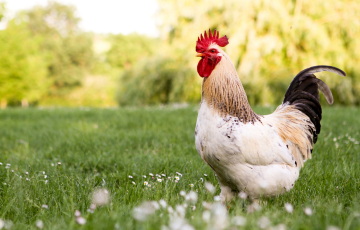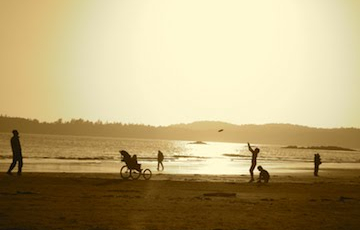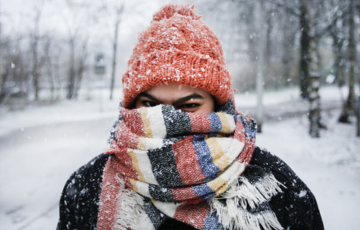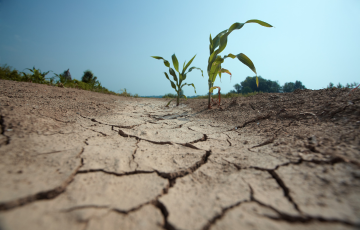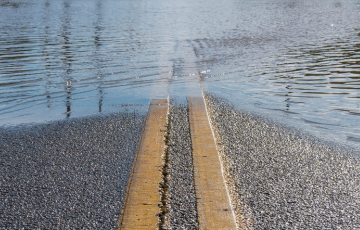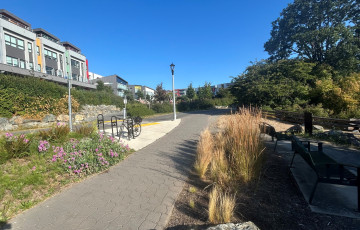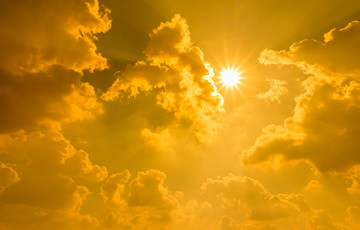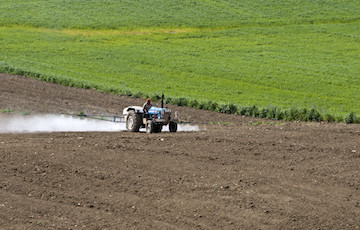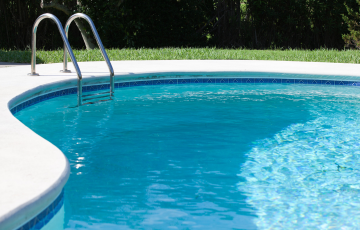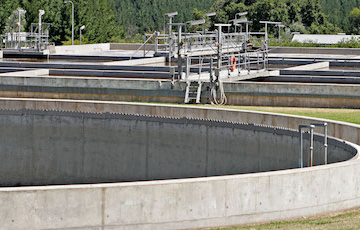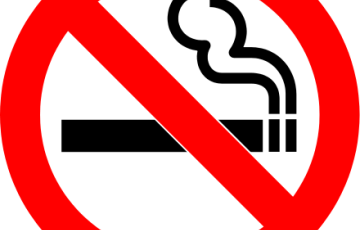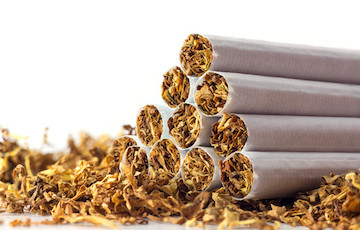Avian influenza – also known as “bird flu” – is a disease caused by a type of flu virus that mostly affects birds. However, it can sometimes spread to people and other animals.
Environmental Health Officers work with local governments and agencies providing oversight of beaches to monitor water quality at popular public beaches based on information outlined in the Guidelines for Canadian Recreational Water Quality.
Fall and winter in the Island Health region may see an increase in health risks due to cold, snowfall, flooding and power outages during storms. Learn how to prepare for these events to keep you and your family safe.
Take steps to prepare for periods of drought. Conserve water and protect your health.
Floods create many health and safety risks, as well as road closures, power outages, and other disruptions that may create stress and affect your ability to access services.
Our Ecosystem is our health system. Tools to strengthen climate resilience and health through adaptative capacity, design of our communities and injury prevention.
Learn the risks associated with excessive heat and prepare in advance to stay safe and healthy.
Island Health is often asked about the safety of pesticides used in homes, gardens or public places.
Environmental Health Officers (EHOs) inspect public and commercial pools, hot tubs, spray pools and wading pools to assess compliance with Pool Regulation.
Any home or building that is not connected to a municipal or city sewage system needs a safe method of treating and discharging sewage.
Why make spaces smoke-free? Because there is no risk-free level of exposure to second-hand smoke.
Tobacco use is one of the single largest threats to the health of individuals and communities in the Island Health region.


